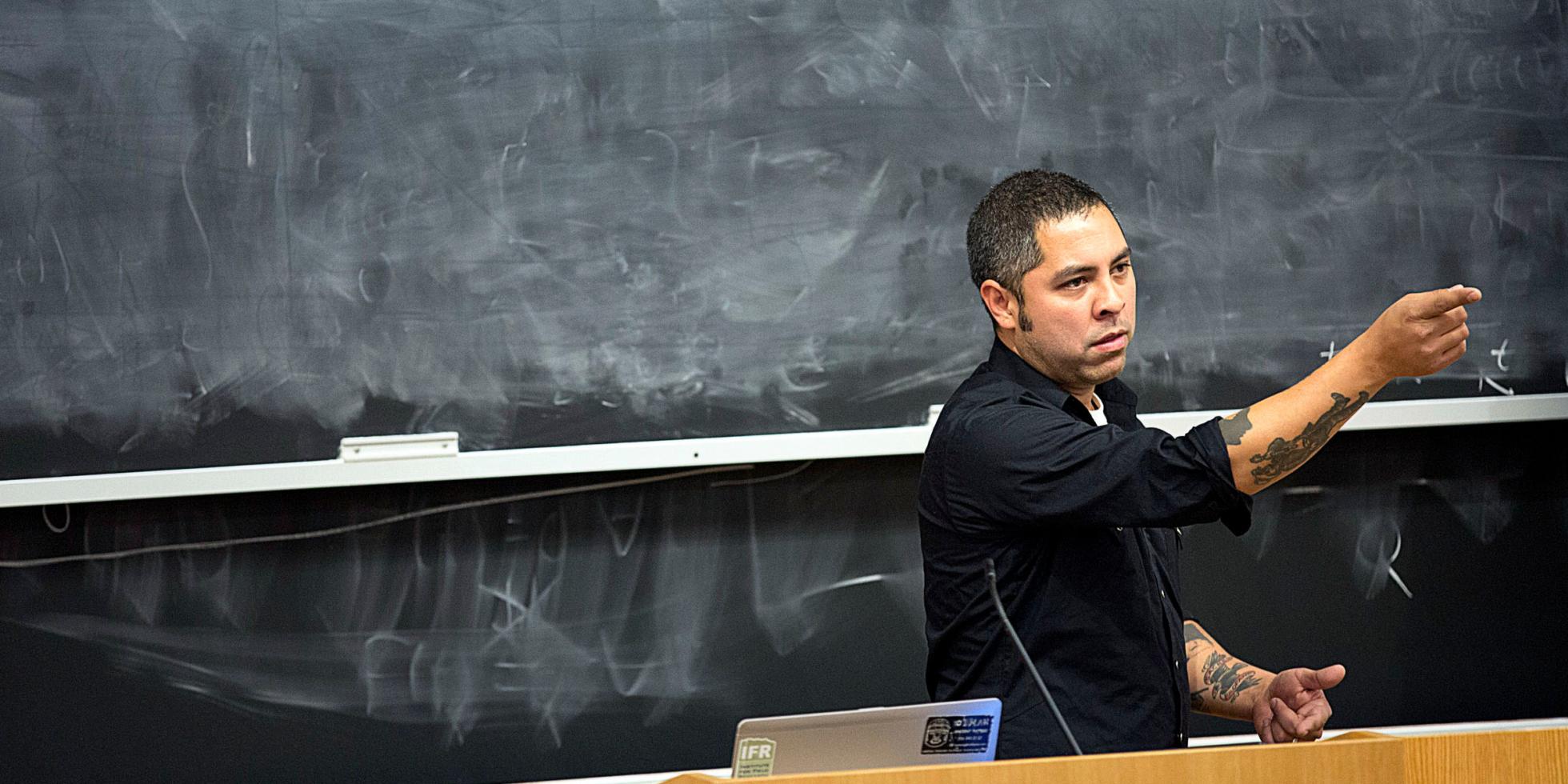From the beginnings of political theory, justice has been imagined as a medical art applied to the body politic. Over the centuries, changes in the forms of state organization and in the means of medical treatment have modified this metaphor. In a time of great human mobility and weakening state frontiers, epidemic disease is able to travel fast and far, mutate in response to treatment, and defy the institutions invented to keep it under control: quarantine, the cordon sanitaire, immunization, and the management of populations. Public health services in many countries find themselves at a loss in dealing with these outbreaks of disease, a deficiency to which NGOs emerge as a response (an imperfect one to be sure). Through a series of readings in philosophy, anthropology, sociology, history of medicine, economics, and political science, we will attempt to reach an understanding of this crisis of both technique and legitimacy, and to trace options. Readings from Plato, Aristotle, the Hippocratic Corpus, Sima Qian, Wilhelm von Humboldt, Michel Foucault, Amartya Sen, Paul Farmer, Barbara Prainsack, Didier Fassin, and others.
